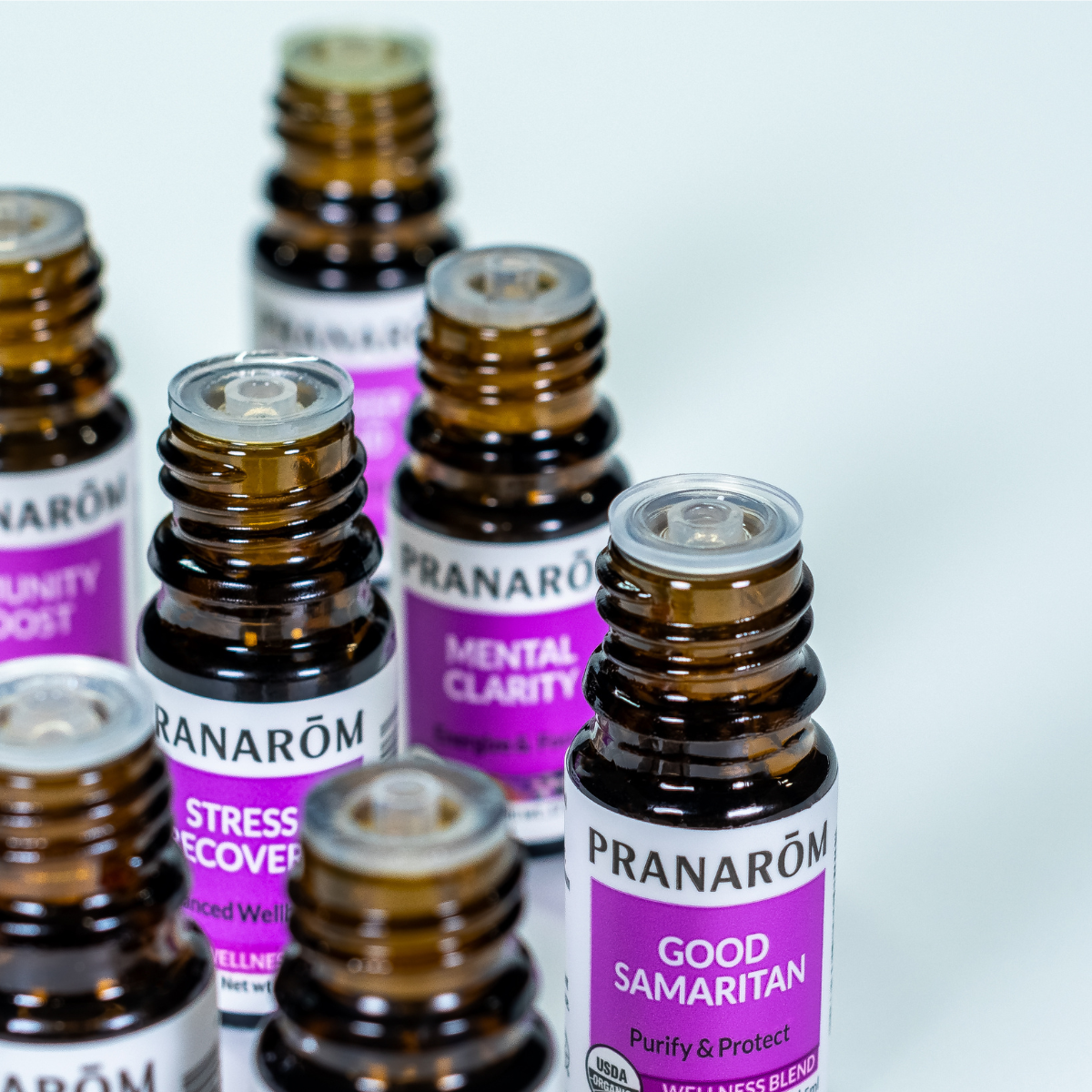Not all essential oils are suitable for diffusion. Some essential oils are too powerful, irritating or potentially toxic when released into the air, especially in excessive amounts or over a long period of time. Some essential oils can also cause respiratory tract sensitivities in certain people.
Here are some things to consider before diffusing an essential oil:
1. Some essential oils are not suitable for diffusion, such as the essential oils of Star Anise, Cade, German Chamomile, Chinese Cinnamon, Caraway, Java Lemongrass, Cistus Ladanifer, Turmeric, Sweet Fennel, American Wintergreen, Fragrant Wintergreen, Curry Plant, Laurel, Peppermint, Winter Savory, Rosemary, Sage, and Blue Tansy.
2. Other essential oils are more suitable for diffusion. Choose essential oils with soothing, relaxing or purifying properties for diffusion in a domestic environment. Common examples are essential oils of English Lavender, Lemon, Sweet Orange, Bitter Orange or Ravintsara.
3. Take account of people in the environment: essential oils containing ketones are not recommended for children, pregnant women, or people with seizure disorders. These include the following essential oils: Dill, Caraway, Atlas Cedar, Mentholated Eucalyptus, Pennyroyal Mint, French Lavender, Spearmint, Non-organic Eucalyptus globulus, Peppermint, Rosemary Cineole, and Rosemary ct Camphor essential oils.
Other essential oils are neurotoxic, such as Common Sage, Common Hyssop. Finally, the scent of certain essential oils is unsuitable for diffusion, either alone or blended, such as Cumin, Curry plant, and Roman Chamomile.
Caution must be exercised when choosing the right essential oils to diffuse. Observe safety precautions and take account of the people who will be in the vicinity. If you have any doubts or specific questions, it is best to consult a qualified health professional or aromatherapist.







